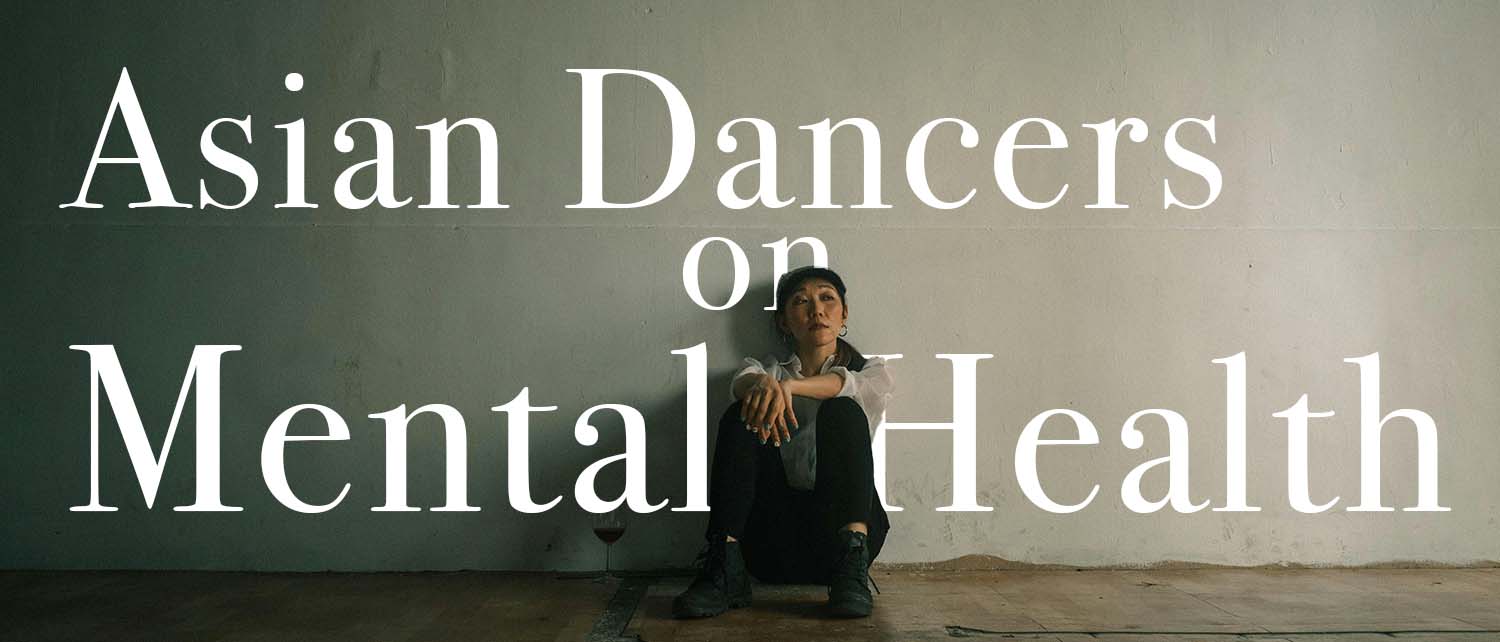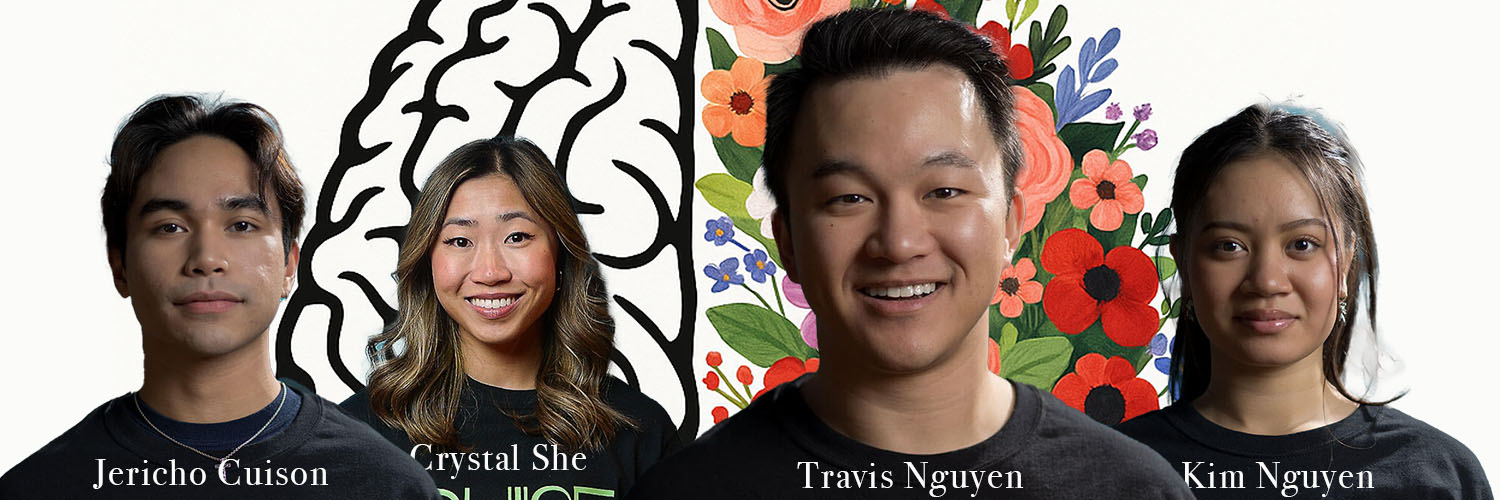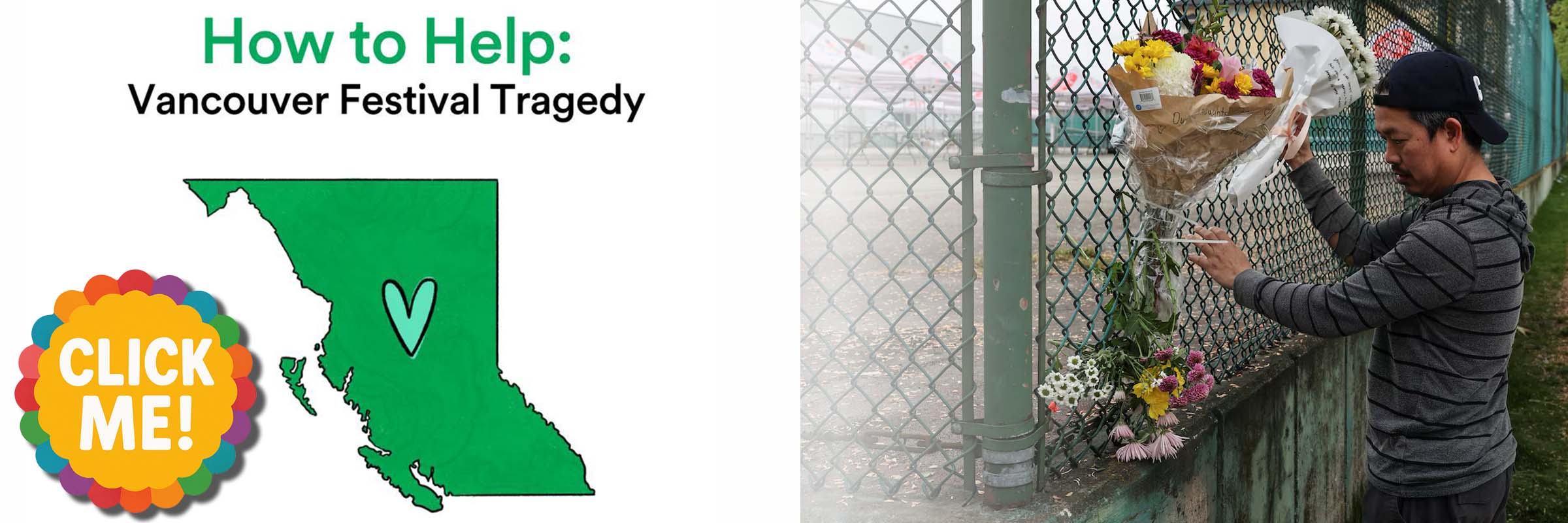Mental health is something many of us struggle with — yet in many Asian cultures, it’s still a subject shrouded in silence, shame, or misunderstanding.
In this article, we sit down with some of PULSE’s Asian dancers — Crystal She, Travis Ngyuen, Jericho Cuison, and Kim Nguyen — who open up about what mental health means to them, how their upbringings shaped their understanding of it, and the ways dance and Hip Hop culture have become essential tools for healing. Their stories are deeply personal, honest, and at times, painful — but they also offer hope, perspective, and solidarity to anyone navigating their own mental health journey.
If you’ve ever felt unseen, misunderstood, or burdened by your mental struggles, this article is for you. Keep reading to hear how these dancers are breaking the silence, reshaping the narrative, and showing that strength comes from sharing, healing, and choosing to show up for yourself, one step at a time.

First, let’s start with your ethnicity and what mental health means to you.
Jericho: Born and raised in the Philippines, I moved to Canada in 2016. I think mental health is taking care of your emotional and social well-being. It’s how we think and feel about ourselves and how we interact with others.
Crystal: I am Chinese, born in Hong Kong. To me, mental health means learning how to cope with your feelings. It's a process, and it takes time. I think it's really important.
Travis: I was born and raised in Calgary, but my heritage is Vietnamese. Mental health is emotional maturity and the internal happiness you feel about yourself and with other people. It’s how you carry yourself and identify the things that bring you joy.
Kim: I am Vietnamese as well, and to me, mental health is a person's emotional state and what influences the positive choices they make for themselves and others.

What do you do to stay mentally healthy?
Travis: Music and dance play a big part. Dance helps me to connect with people, put myself in a positive space and uplift my spirits. That's how I stay in tune with myself.
Crystal: Same. You can leave everything at the door, focus on expressing yourself, and be present through dance. But other than that, I think talking about your feelings to friends and people you trust, or going to counselling.
Jericho: I like to hang out with people I'm comfortable with. Dancing and staying active also help.
Kim: “Dance is such a therapeutic way to heal. In high school, I struggled with my mental health. I had no motivation. I was behind on my assignments and felt low. Fortunately, my school offered dance as a class and having that as part of my day made a huge difference. I felt like I could relax and be myself.”
What stigmas do you feel are associated with mental health?
Jericho: I think mental health gets ignored or brushed off. We don’t normalize talking about it to other people, especially within Filipino culture.
Travis: It’s still in the shadows. Being open about mental health is definitely a challenge, especially with the youth. And the constant projections of unrealistic beauty and status in social media can feed into this in a bad way.
Kim: People associate mental health with mental illness. Like it’s a disorder. It's rarely looked at in a positive light, so it’s not talked about.
Crystal: “For sure, there is still a stigma on mental health. I know I don't want to burden other people with my stress. I feel like a lot of people still don't acknowledge it, especially within Asian communities. But I do think more and more people are becoming aware and speaking up about it.”
What does it mean to your family and culture?
Crystal: My family didn’t talk about it growing up. During my university days, I struggled with depression and anxiety. They started to worry. They may not have the same understanding through dialogue, but I know my parents care and love me, and they have their unique ways of showing it. Today, mental health is important to my family.
Kim: Growing up with a single immigrant mom, the topic of mental health doesn’t come up. When it’s mentioned, it would be pretty brief. For most Asian households, having the basic necessities – a roof over our heads and food on the table – is the most important thing.
Jericho: My family doesn’t really talk about it. They tend to promote resiliency over emotional support. Be stronger. When I have my personal struggles, I don’t share them with my parents. We just talk about surface-level things. At Filipino gatherings, we usually focus on the fun and love of each other’s company.
Travis: “Vietnamese tradition sees mental health as a form of social shame. There's a bit of bad karma when you bring it up. Slowly but surely, the ideas of mental health are evolving. Because we live in Canada, my family has a mix of Canadian and Vietnamese cultures, so it's not completely shunned. But it's still challenging to bring it up.”
And what role does your culture play in the idea of mental health?
Travis: When it comes to Vietnamese culture, there is a high value in social status and family reputation. You don't want to bring dishonour to your family or deal with the fear of getting ostracized.
Kim: It’s taboo in our culture. We don't talk about it, and we don't mention it. It's seen in a negative light.
Crystal: Chinese culture shows support in other ways (eg, acts of service), but not through conversation.
Jericho: Filipinos go to God. When we struggle, we go to church.
Earlier, all of you credited dance to stay mentally healthy. Can you speak more to this?
Crystal: Throwing myself into dance gives me something positive to focus on. I have self-esteem issues from time to time, but when I'm dancing, I am empowered. I encourage my students to express themselves, even if they feel they are not meeting their own standards. The fact that they show up every week and invest their time, money, and effort in themselves is a victory.
Travis: The music, vibes, and energy of dance refreshes you. When I am in a slump, I listen to Funk music, and that makes me feel good. I teach House and Locking at PULSE, and that environment with other dancers stimulates joy and healing.
Kim: Hip Hop feels like freedom. It's a form of art that takes you into another dimension. Along with dancing, it allows you to express yourself and be authentic.
Jericho: “Dancers have the space to express what they feel emotionally through movement. I think it makes us more connected to other people in a therapeutic way."
Finally, if you could you sit down with our youth, what would you say to those who are struggling with their mental health?
Kim: Focus on your own journey. Find something you enjoy doing and the means to make it accessible to you. Also, surround yourself with people who support you.
Crystal: Everyone has struggles, and it's okay to seek help. Reach out and talk to someone. Find an outlet like dance, music, or writing to express yourself. Lastly, be gentle with yourself because there’s no quick fix to your mental health. It’s something you continuously work on.
Jericho: Stop comparing yourself to others. Everyone moves at their own pace, and that should be honoured. What works for you may not work for others. Be patient and kind to yourself.
Travis: Don't be afraid to voice out if you need help or you're struggling. A lot of times, we don't even realize we’re going through some form of mental health issue until it's projected in undesirable ways. Recognize what’s troubling you, connect with it, and resolve it through discussion and internal reflection. It may seem everyone else around us is fine, but we all go through some form of mental struggles from time to time.
These powerful interviews highlight a shared truth among Asian communities: mental health is deeply personal, often stigmatized, and rarely talked about. Yet through the voices of Crystal, Travis, Jericho, and Kim, we hear a call for change — a shift toward openness, healing, and self-expression through community and culture, especially in spaces like dance. Their stories show that while our cultural backgrounds may not always make room for these conversations, it’s still possible to carve out a space where vulnerability is strength.
As a Filipino man, I deal with my own mental health challenges. I carried a negative self-attitude that went unchecked for years, and it hinders the self-love that’s trying to heal. I’m not afraid to say that I go to counselling to explore its roots, and like Travis said earlier, connect with it and find resolution through talking and reflection. I am hopeful I can find inner peace with time and acceptance.
To quote Kim: “Mental health is not mental illness.” It’s a state of mind that shapes how you see yourself and others. So love yourself the way you would your friends or family. Get the help you need.
On April 26, 2025, a devastating tragedy occurred at the Lapu Lapu Festival in Vancouver. While the Filipino community was celebrating our culture and pride, an Asian man drove his SUV into a crowded street, killing 11 people (ranging from 5-65 years of age) and injuring many more. Tara's good friend, Jen Darbellay, was one of the victims struck and killed in this horrific incident. Little is known about the perpetrator at this time, except that he was reportedly struggling with mental issues. This heartbreaking incident is a grim reminder of what can happen when mental health is ignored.
If you feel compelled to support the victims' families, please consider donating here: GoFundMe - Vancouver Festival Tragedy.
And above all — talk to someone. Seek help. You are not alone.
Written By


